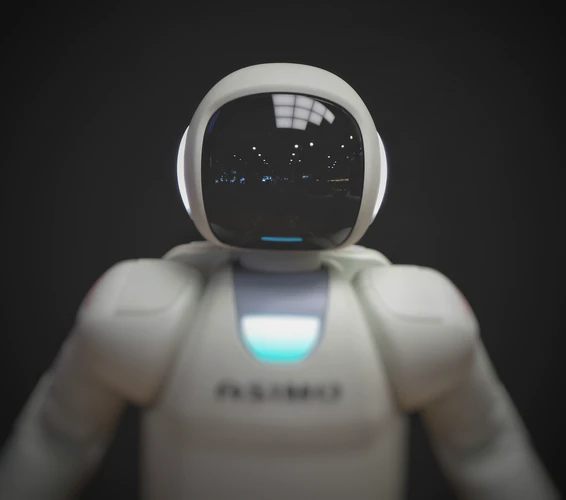In the age of digital transformation and software-enabled changes, businesses work every angle to supply the very best quality of services and products. Intelligent Process Automation software has been among the foremost efficient methods of achieving that aim.
Today, IA is becoming the driving force behind digital transformation processes, helping companies go digital seamlessly.
IA is also a mixture of AI (AI) and robotic process automation (RPA), where AI enables insight-driven analytics, decision-making, and personnel management, and RPA automates processes and reduces human participation in them.
Intelligent Process Automation Software has its application across Industries.
In this world of digital transformation and software-enabled changes, businesses work with every angle to supply the very best and the finest quality of services and products to their ultimate consumers. Intelligent Process Automation software is one of the foremost efficient methods of achieving the aim of providing quality products and services to its customers.
What Is Intelligent Automation?
Today, IA(intelligent automation) is becoming the most used digital transformation process of all time, which helps companies do business online and embrace the new world of technology.
Basically, Intelligent automation is used to derive data-driven solutions based on various accurate insights and data with the help of Artificial Intelligence. Adding, the Robotic part of IA enables automation, making the process of deriving data and decisions much easier.
Another way to define it would be: it’s a joint implementation of bots and software intelligence within the production process to help people in creating new products and services. IA is an umbrella term that brings together various strategies, skills, tools, and techniques that eliminate the necessity for labor, increase the predictability and reliability of services and reduce costs.
Rule-based, patterned, and structured data–powered IA solutions help address the subsequent inefficiencies at a workplace:
- High labor cost
- Workforce shortage and ineffectiveness
- Time and resource-consuming repetitive tasks
- Inability to process complex and high-volume data
- Low quality of products and services
Advantages and Disadvantages of Intelligent Automation
The implementation of intelligent process automation tools features a strong positive effect on business development. The main benefits are derived from streamlined operations and, therefore, the decrease in manually performed processes, and are as follows:
- Efficient use of equipment and manpower
- Increased effectiveness
- Lower costs and high ROI
- Seamless customer experience
- Enhanced cybersecurity
- Specialize in critical issues instead of on mundane work
Companies that plan to automate their processes should confirm that they need a solid background for IA implementation. The main challenges that IA entails are mentioned below:
- Establishing a robust governance
- Creating a correct IT environment and technological ecosystem
- Developing the implementation strategy and selecting the proper tools
- Restructuring the existing system and retraining employees
- Teaching necessary metrics and assigning tasks
- Managing risks
Enterprises are using automation for quite a while now. It started with machines replacing humans on assembly lines and evolved into AI, RPA, and cognitive algorithms, being at the guts of complicated environments that imitate human reasoning and behavior. Today’s automation dramatically changes the way humans and machines interact with one another under the rapid climb of knowledge flows, the digital transformation of life, and practically unlimited computing power.
But IA isn’t easy to implement because it requires a well-thought-out comprehensive approach that ought to include the subsequent fundamentals:
- A knowledge base
- Proper governance
- The right toolset
- Thorough analytics
- Continuous improvement
- A solid IT environment
We all need to adapt to this new age of technology as the world is bound to grow, and only technology can help the world to grow. There are obviously advantages and disadvantages of this technology, but it’s only up to us to use the advantages and be careful about the disadvantages. During this pandemic, we have learned the importance of technology, and we have been driven to enhance and embrace this technology even more now.
Technology would have taken over the world anyways in 10-20 years, but because of the pandemic, it all took place very quickly, which is a good as well as a bad thing. As people keep growing, so is technology. Artificial intelligence taking over the business industries would reduce manpower which is good as well as bad. It’s good because it reduces labor costs which is the most expensive expense incurred by business firms. It’s bad because a lot of humans would lose their jobs and remain jobless. We need to understand its importance, but that doesn’t mean we let it rule us.
